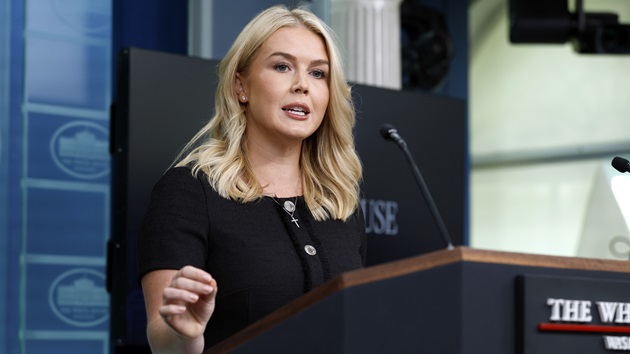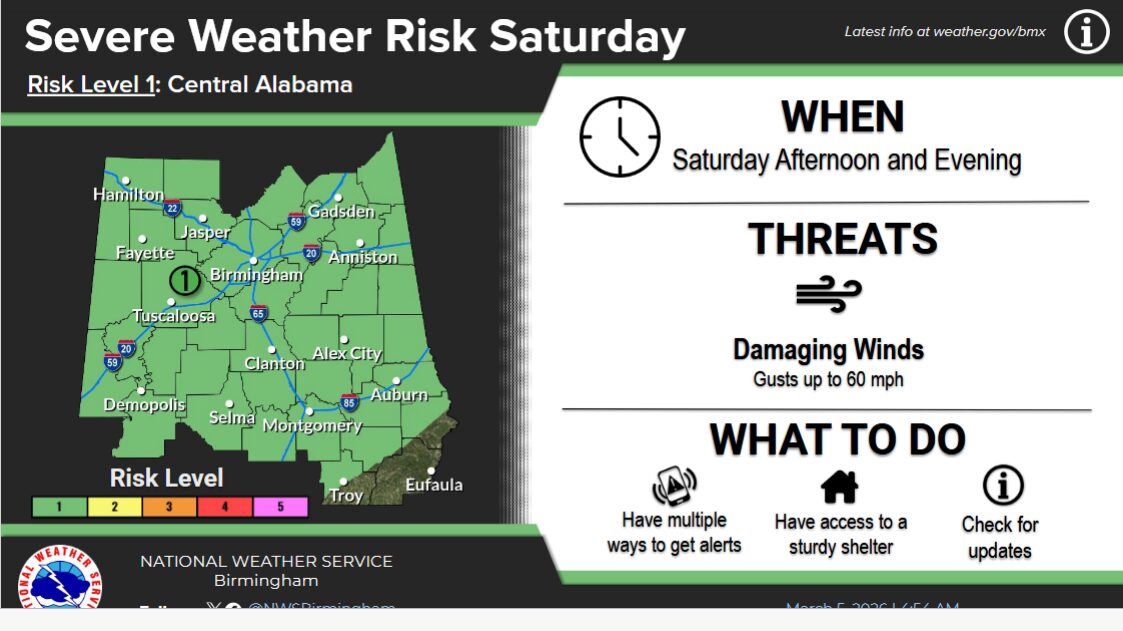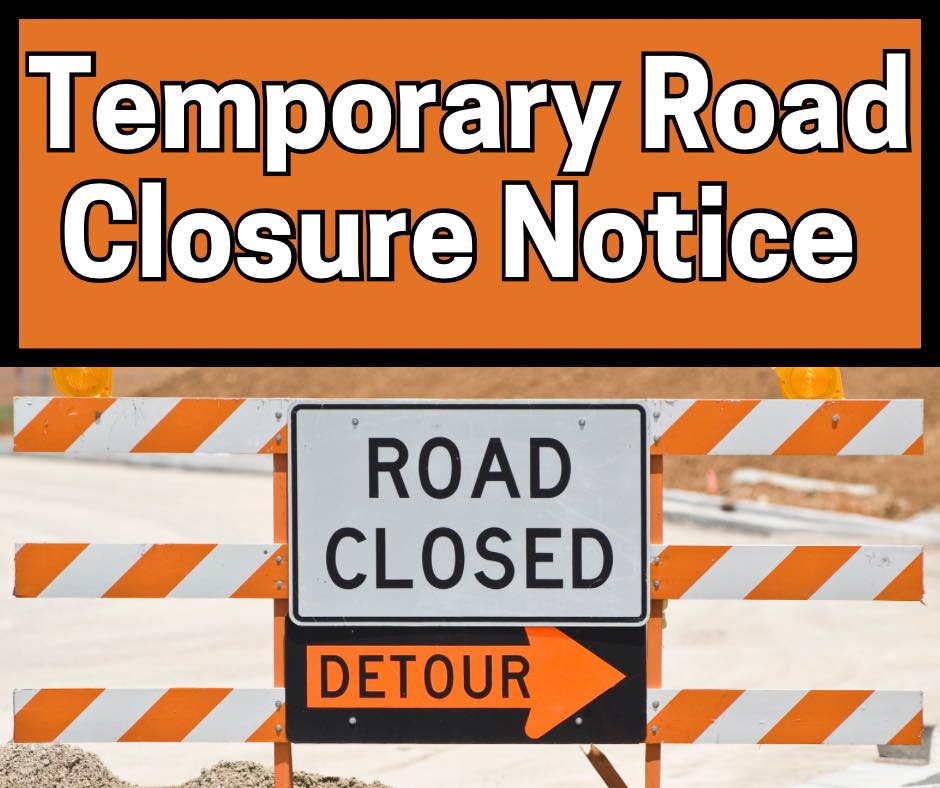
(WASHINGTON) — A rare political standoff continued between the leader of the Centers for Disease Control and Prevention and the Trump administration continued on Thursday, leaving CDC Director Susan Monarez’s termination in limbo as high-level CDC officials resigned in protest.
White House press secretary Karoline Leavitt told reporters President Donald Trump had fired Monarez, saying Monarez “was not aligned with the president’s mission to make America healthy again.”
“It was President Trump who was overwhelmingly reelected on November 5,” Leavitt said. “This woman has never received a vote in her life, and the president has the authority to fire those who are not aligned with his mission.”
Leavitt said her replacement will be announced “very soon” either by Trump or by Health and Human Services Secretary Robert F. Kennedy Jr.
But immediately after the White House press briefing, Monarez’s attorneys pushed back that she still hasn’t heard directly from the president and thus hasn’t been officially terminated from her job — her stance since Wednesday.
“[White House press secretary] can say whatever she wants because thankfully free speech still exists in this country. But it doesn’t make her comments factually true, even when from a White House podium,” attorney Mark Zaid wrote on X.
Monarez’s attorneys maintain that she will respect the decision of the president himself, but said they have not had any further communication with the White House since Wednesday night, when a White House staffer notified her that she’d been fired. They don’t consider the notification substantial enough because she is a Senate-confirmed, presidential appointee.
Further legal routes, if they don’t hear from the president, are “under consideration,” Zaid told ABC News. In the meantime, Monarez does not have access to her work office or email, he said.
Meanwhile, President Trump has yet to publicly weigh in on the dispute.
Kennedy, at a news conference about rural health in Texas on Thursday, said Monarez was “let go.”
“There’s a lot of trouble at CDC, and it can require getting rid of some people over the long term in order for us to change the institutional culture and bring back pride and self esteem and make that agency the stellar agency that it’s always been,” Kennedy said.
Monarez’s attorneys say the administration is attempting to oust her for “protecting the public” over serving “a political agenda.” The dispute began as a disagreement over demands from Kennedy and his top staff for Monarez to support changes to COVID vaccine policy and the firings of high-level staff, which Monarez would not commit to, a source familiar with the conversations told ABC News.
After HHS said on Wednesday that Monarez was no longer director of the agency, four other senior career officials at the CDC also resigned, according to emails obtained by ABC News.
Republican Sen. Bill Cassidy, a deciding vote on Kennedy’s confirmation to lead HHS as chair of the Senate Committee on Health, Education, Labor and Pensions, wrote on X that the “high profile departures will require oversight by the HELP Committee.”
Cassidy also called for the CDC’s Advisory Committee on Immunization Practices (ACIP), a committee that reviews vaccine data and determines nationwide recommendations, to be indefinitely postponed following the CDC staff shakeups. The next meeting of the agency’s vaccine panel is scheduled for September 18 and 19.
“Serious allegations have been made about the meeting agenda, membership, and lack of scientific process being followed for the now announced September ACIP meeting. These decisions directly impact children’s health and the meeting should not occur until significant oversight has been conducted,” Cassidy said in a statement on Thursday.
The White House on Thursday was asked about Trump’s stance on COVID vaccines, specifically whether he believes they should be available and covered by insurance for all Americans, regardless of age and pre-existing conditions.
The question came after the FDA on Wednesday approved updated COVID-19 vaccines for only high-risk Americans, a narrower scope than in the past.
The new, more limited FDA approval for the vaccines questions about accessibility — whether people will still be able to get the vaccines easily in pharmacies, rather than doctors offices — and insurance coverage, which is often determined by the CDC advisory committee’s recommendations. The list price, without coverage, for certain COVID vaccines is over $100.
“The reason for the revocation of that emergency youth authorization is because, obviously, the COVID pandemic and the public health emergency is over,” Leavitt said. “But just to correct the record, because there’s been a lot of misinformation on this, the FDA decision does not affect the availability of COVID vaccines for Americans who want them.”
“We believe in individual choice. That’s a promise both the president and the secretary have made. It’s a promise they have now delivered on,” Leavitt said.
Copyright © 2025, ABC Audio. All rights reserved.



